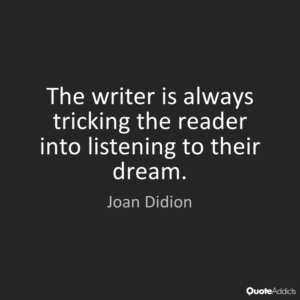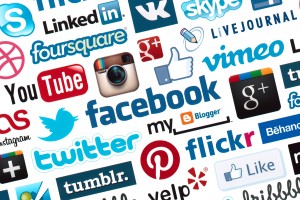Writers like Malcolm Gladwell have popularized the notion that all you need to become a genius or even an expert at just about anything is hard work. Do I hear RuPaul?
And it’s never to soon to start kicking butt, either. Psychologist Ellen Winner says it’s now widely believed that “with sufficient energy and dedication on the parents’ part, it is possible that it may not be all that difficult to produce a child prodigy.”
Whoa. Think about it: truly dedicated parents can get their kids to write symphonies like Mozart, paint canvasses like Picasso, carve sculptures like Rodin, design buildings like Frank Lloyd Wright, create fashion to match Ralph Lauren. The list is endless because they can get their kids to do anything. It’s all about work, and wanting it enough. Boom.
I come from a family of mathematically gifted people. My mother’s father was a statistician; my mother tutored her peers in mathematics; my older brother aced every math class he ever took from day one. Math was like a religion in our house. But from kindergarten on, I had trouble with the simplest computations–and I still do.
Let me be absolutely clear: I was desperate to be good at math, and equally desperate to please my mother (and my teachers), but I kept disappointing everyone. I was a good little student in most everything else, and it was a torment to me that no matter what I did, no matter how anyone tried to help me, I just could not succeed. Neither could my teachers or my tutors. And no matter how many hours my frustrated mother spent trying to get me to understand what was elementary to her, I just did not get it.
All that hard work only led to embarrassment and shame, and that’s what this perverse new cultural naivete has the potential to induce, despite its smiley-face propaganda: feelings of inadequacy for everyone who doesn’t make it to the top. Because the answer isn’t bad luck, or not enough talent. Nope, it’s because nobody tried hard enough! Not you, and definitely not your loser parents.
Andre Dubus is widely quoted as having said “Talent is cheap. What matters is discipline.” And now we know it started before we got the career bug in our heads. We know exactly who to blame when we don’t make it as writers (or anything else): Mom and Dad. If only they’d believed in us more; worked us harder; pushed us to the max we would all be best sellers (or celebrities). Then we wouldn’t have to spend so much time and money in therapy complaining about how we never grabbed the brass ring.





![[cover]](https://www.levraphael.com/images/cover_mygermany_152.jpg)